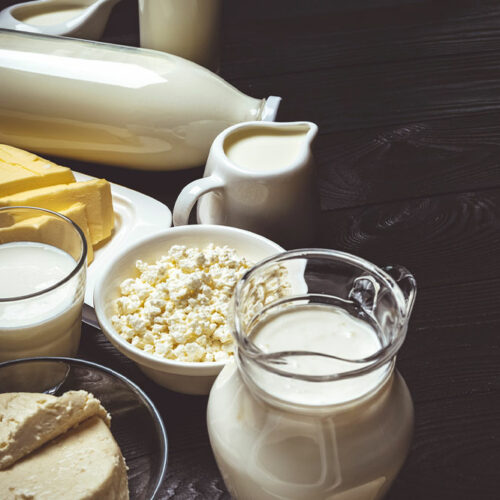7 foods that may trigger eosinophilic esophagitis

Eosinophilic esophagitis is a condition wherein the esophagus gets inflamed, leading to difficulty in swallowing food, chest pain, and acid regurgitation. One type of eosinophilic esophagitis is reflux esophagitis, which often worsens inflammation. Moreover, the subtype is a complication that may stem from acid reflux, also known as gastroesophageal reflux disease (GERD). Apart from treatments and other remedies, avoiding certain foods may prevent acid reflux, reducing the risk of inflammation in the esophagus. Foods that can trigger eosinophilic esophagitis or reflux esophagitis Tomatoes Tomatoes or their by-products are rich in malic and citric acid. These ingredients can trigger excess production of gastric acids in the stomach. So if an individual has too many tomatoes, it may create enough gastric acid to force the food back up to the esophagus and may lead to GERD, a contributing factor to reflux esophagitis. Onions Eating onions is often associated with increased production of gastric acid. The food takes longer to digest and thus might lead to bleaching, a common symptom of GERD. Furthermore, while people who cook onions may notice improvements in some symptoms of acid reflux, the food may still produce more acid. Therefore, to avoid any complications in the esophagus, one should reduce the consumption of onions or turn to green onions instead.






